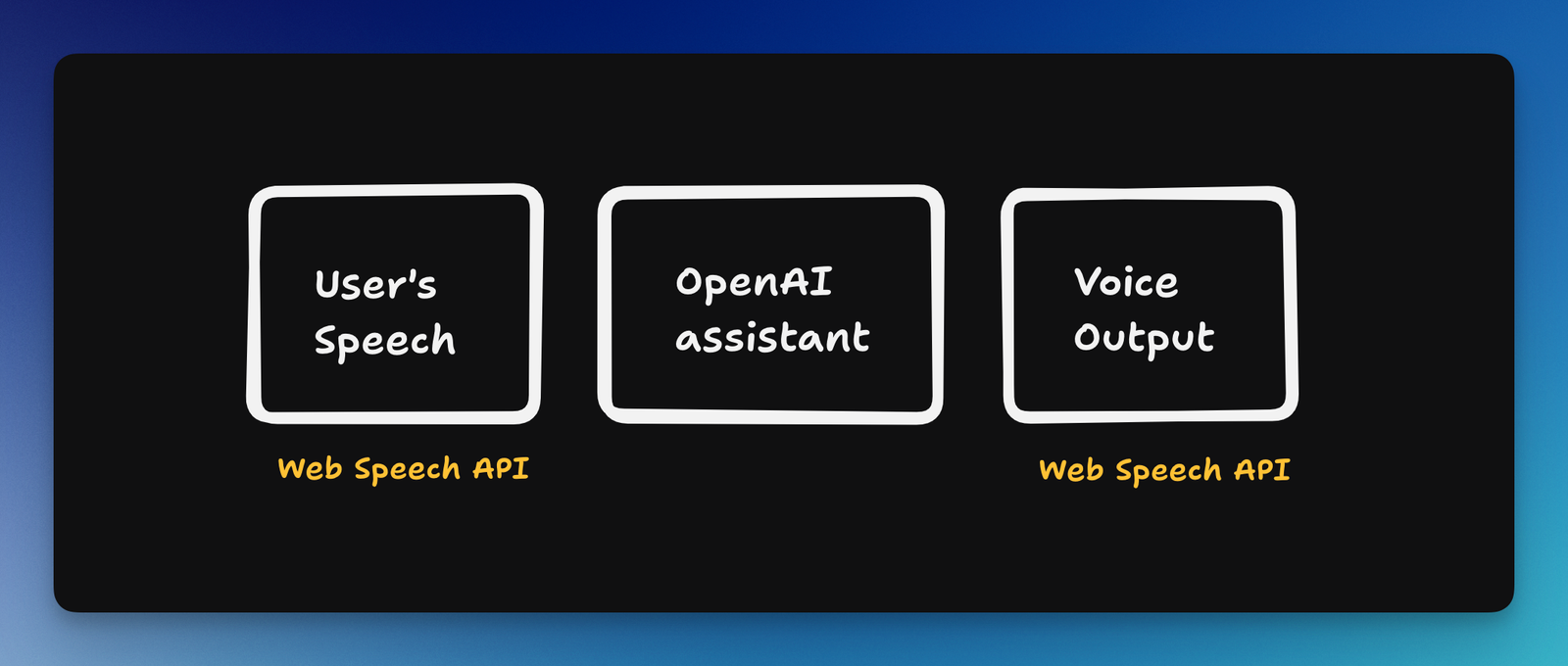Build an AI Voice assistant like Siri use OpenAI AI Assistant Circuit Diagram Learn how to create an AI voice assistant with speech recognition, machine learning, and natural language understanding. Explore how to build a local AI voice assistant with Raspberry Pi. Enjoy privacy, customization, and control over your smart home. Over-Reliance: Use AI for augmentation—not replacement. Double-check critical decisions. Pro Tip: Regularly review and delete outdated data in your AI's memory to minimize exposure. Conclusion: The Future With A Personal AI Assistant As AI evolves, expect assistants to become more proactive. Soon, they might:

Learn how to build and run your own voice assistant locally using Whisper, Ollama, and Bark.

Build your own voice assistant and run it locally: Whisper + Ollama ... Circuit Diagram
Introduction Building an AI-Powered Voice Assistant: A Step-by-Step Guide is a comprehensive tutorial that will walk you through the process of creating a voice assistant using artificial intelligence (AI) and natural language processing (NLP) techniques.

Learn how to build your own AI assistant from scratch! This ultimate step-by-step guide covers speech recognition, NLP, and more.

Powered Voice Assistant: A Step Circuit Diagram
Learn to create a powerful AI voice bot from scratch. Get expert tips, code-free techniques, and real examples to launch your conversational AI assistant today.

What if, instead, you interacted with a smart voice AI agent that understood you, responded in real-time, and tailored its approach to your needs? AI voice agents, powered by advanced speech technologies, are changing how businesses interact with customers. They provide efficient, human-like, and personalized experiences. These systems can be categorized into basic bots, text-based assistants, and advanced voice assistants, each offering varying levels of complexity and interaction. Building a Voice-Activated AI Assistant To build a voice-activated AI assistant, developers can utilize various tools and APIs.
